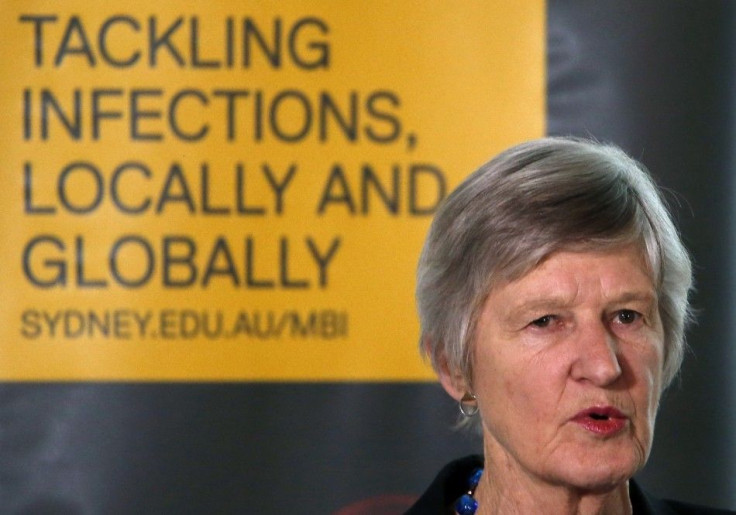Singapore Imposes Visa Requirements On Ebola-Stricken West African Nations

Singapore will now be requiring citizens from Ebola-afflicted West African nations to file for visas before they can enter the sovereign city-state in Southeast Asia. The decree takes effect on November 5.
Lam Pin Min, Minister of State for Health, said the rule forms part of a number of measures to ensure the deadly virus does not enter the island country. "The visa requirement will allow for better oversight of the entry of nationals from these countries, as well as facilitate possible contact tracing," the ministry said in a statement. He clarified the visa rule nationals from Guinea, Liberia and Sierra Leone, however, is only temporary. It was not stated how long the new regulation will be imposed.
According to BBC, two suspected Ebola cases were earlier reported by Singaporean media. Both later tested negative. The first was a Nigerian who was thought to have had contact with Ebola patients. It was later found that she really didn't have contact and was so discharged. The second person succumbed to fever after travelling to an affected area. Tests revealed it was due to tonsillitis.
Apart from the temporary visa rule, Singapore's health ministry has distributed Health Advisory Notices (HANs) to nationals from Ebola-affected African countries at all air, land and sea checkpoints. Travellers who self-declared their travel history to the Ebola-hit countries likewise received the same material.
Singapore has also stepped up screening measures against the Ebola virus at air checkpoints. Nationals of Guinea, Liberia, Sierra Leone, Democratic Republic of Congo (DRC) and Mali, as well as travellers who went there, will be directed to a screening station to be checked for fever. They will be asked to complete a Health Declaration Card, too.
Travellers who test positive for fever will be sent to Tan Tock Seng Hospital (TTSH) for further assessment and testing, Singapore's health ministry said. Those who are well but assessed to have a risk of exposure to Ebola will be monitored through phone surveillance or quarantined for up to 21 days, depending on the nature of their potential exposure. Travellers who wish to find out more about Singapore's visa application procedures may visit the Immigration & Checkpoints Authority's (ICA) website at www.ica.gov.sg.
Singapore's temporary visa requirement for nationals of the West African nations hit by Ebola comes after Australia and Canada imposed a total visa ban toward the same contingent. Existing Canadian visas of foreign nationals who planned to travel to an Ebola-affected nation have likewise been blocked.
Related:
Ebola Update: Canada Enacts Visa Ban Against Afflicted West African Nations





















